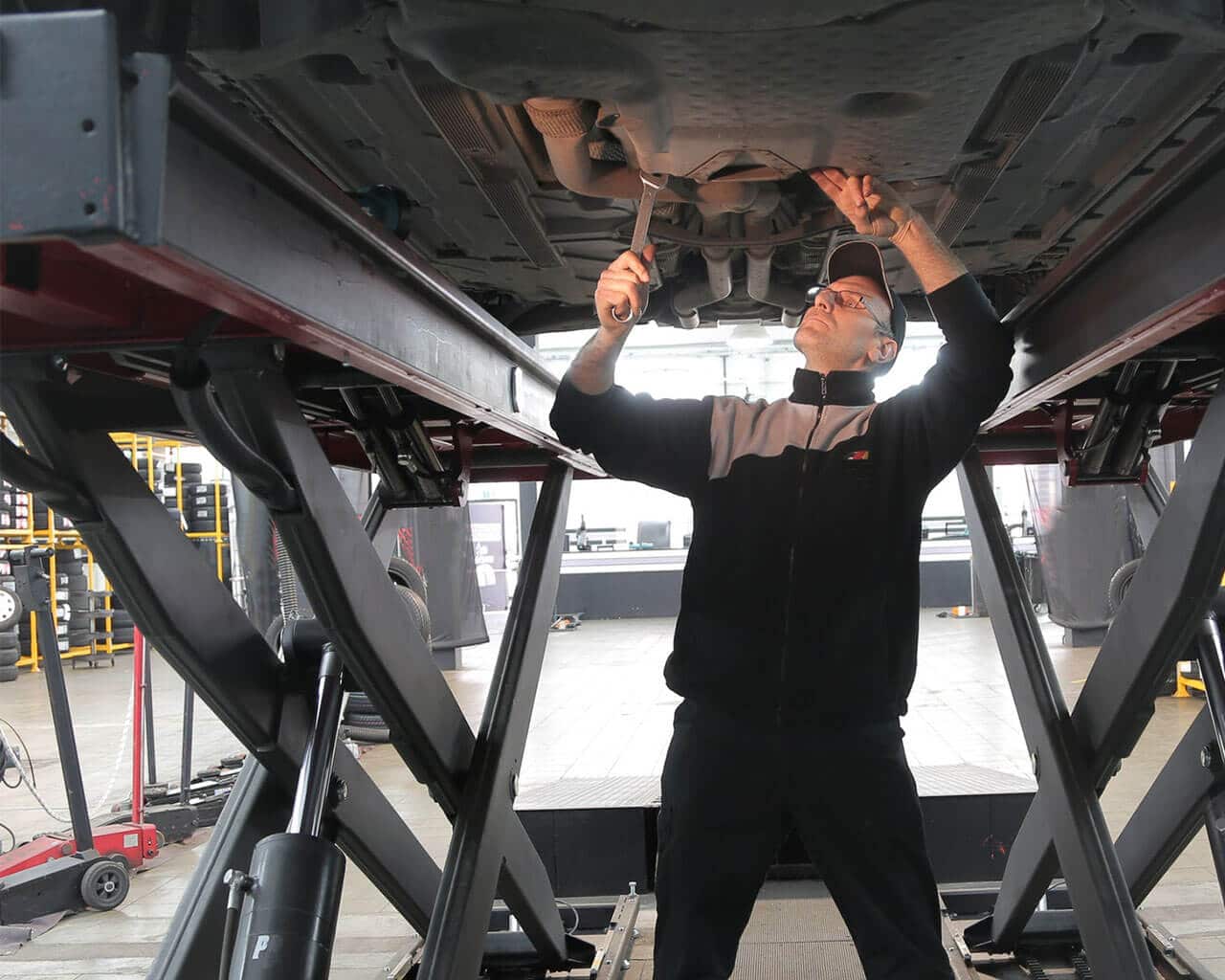Vital Records Required to Register a Foreign Vehicle in Spain
Vital Records Required to Register a Foreign Vehicle in Spain
Blog Article
Usual Challenges Faced Throughout Foreign Lorry Registrations and How to Conquer Them
Browsing the intricacies of international vehicle registrations can be a complicated job, fraught with challenges that vary substantially throughout territories. Issues such as figuring out regional guidelines, getting over language obstacles in essential documentation, and fixing up inconsistencies in automobile requirements usually arise. Understanding tax ramifications and conformity with safety and security criteria can additionally make complex the procedure. By taking a look at effective approaches to resolve these barriers, people can much better place themselves for a smoother enrollment experience. The inquiry remains: what details actions can be taken to minimize these typical mistakes?

Comprehending Neighborhood Laws
Navigating the intricacies of international car enrollment starts with a thorough understanding of regional regulations. Each country has its certain regulations and requirements regulating the enrollment of lorries, which can vary considerably from one territory to another (Register a foreign Vehicle in Spain). It is important for international vehicle owners to acquaint themselves with these policies to ensure conformity and prevent potential fines or lawful problems

Moreover, some jurisdictions mandate vehicle inspections to ascertain conformity with local safety and discharges standards. This may necessitate adjustments to the vehicle before it can be legitimately registered. Involving with local authorities or seeking advice from legal specialists can offer clarity on these policies.
Language Barriers in Documents
Language barriers present significant difficulties when it involves the documentation required for foreign automobile registration. Many people experience problems in recognizing the specific requirements described in regional regulations, as these papers are usually published in the official language of the host nation. Misconceptions can lead to the entry of wrong or incomplete documents, causing delays or denial of registration.
Additionally, necessary records, such as title actions, evidence of possession, and insurance coverage, might not have easily available translations - Register a foreign Vehicle in Spain. This can produce confusion for foreign lorry owners who are not familiar with the local terms and legal jargon. Consequently, navigating the enrollment process ends up being cumbersome, typically needing extra effort and time to guarantee compliance
To reduce these issues, it is suggested for foreign vehicle proprietors to seek expert translation services or consult local experts that can help in understanding the requisite documents. Furthermore, federal government firms may give multilingual resources or standards to help with the enrollment process. Proactively dealing with language obstacles can simplify the enrollment experience, making sure that all called for files are precisely ready and sent in accordance with regional laws.
Automobile Spec Discrepancies

Experiencing car specification discrepancies can produce considerable difficulties for international lorry proprietors throughout the enrollment procedure. redirected here These discrepancies typically emerge from differences in making requirements, dimension systems, and regulatory needs between the lorry's like this native land and the host nation. As an example, a lorry that meets safety and discharges requirements in one country may not line up with the requirements needed for registration in another, causing hold-ups or straight-out beings rejected.
To overcome these challenges, it is essential for international lorry proprietors to perform thorough research prior to starting the registration procedure. This consists of recognizing the specific demands set by the regional authorities, such as safety criteria, discharges levels, and any kind of needed adjustments. Involving with an expert service specializing in foreign vehicle enrollment can also offer valuable insights and assistance in browsing these discrepancies.
Paperwork plays a key function, so ensuring that all technical requirements and adjustments are properly reflected in the documentation can alleviate problems. In addition, preserving open interaction with regional enrollment authorities can provide clearness on any kind of possible inconsistencies, enabling for timely resolution and successful enrollment of the car.
Browsing Tax Needs
Recognizing the tax obligation needs connected with foreign automobile enrollment is important for owners seeking to abide by neighborhood guidelines. Each territory has specific tax responsibilities that have to be fulfilled before a car can be lawfully registered. These may include import duties, value-added tax obligations (BARREL), and yearly lorry tax obligations, which can differ significantly depending upon the lorry's beginning, worth, and specs.
To navigate these tax needs properly, automobile owners need to start by looking into the details tax obligations relevant in their location. Consulting with regional tax authorities or a tax obligation expert with experience in foreign lorry enrollments can offer clearness on the procedure and prospective liabilities.
In addition, it is vital to keep comprehensive paperwork of the lorry's purchase and any kind of settlements made, as this will be needed for tax estimations and potential audits. Proprietors should likewise recognize any deadlines linked with tax payments to prevent penalties or hold-ups in enrollment.
Assessment and Compliance Issues
Regularly resolving inspection and conformity concerns is important for proprietors of international cars looking for to register them in a brand-new territory. Each area has unique regulations concerning automobile security, discharges, and adjustments, which can present substantial obstacles for proprietors unfamiliar with local requirements. Recognizing these needs is vital to stay clear of hold-ups and extra expenses.
One common concern emerges when international cars do not fulfill the host territory's security and emissions requirements. Owners ought to proactively verify that their vehicles abide by neighborhood guidelines, which may entail alterations or acquiring needed paperwork from manufacturers. Additionally, lots of jurisdictions call for a detailed evaluation by an accredited facility, which can cause more difficulties if the vehicle fails to satisfy specified criteria.
To navigate these obstacles, owners can seek advice from local lorry registration authorities or look for assistance from experts accustomed to the enrollment process. Preparing all necessary documents beforehand, including previous examination reports and proof of compliance, can enhance the enrollment procedure. Ultimately, extensive prep work and recognition of evaluation needs can considerably enhance the probability of an effective international lorry enrollment.
Final Thought
In recap, the process of foreign vehicle registration involves different obstacles, consisting of comprehension of local laws, language obstacles in paperwork, inconsistencies in his comment is here car specs, navigation of tax obligation needs, and assessment and compliance issues. Resolving these difficulties necessitates attentive research, use of expert translation solutions, and examination with neighborhood authorities. Involving specialized services can ensure adherence to security and emissions requirements, eventually facilitating a smoother registration process and compliance with all pertinent commitments.
Report this page